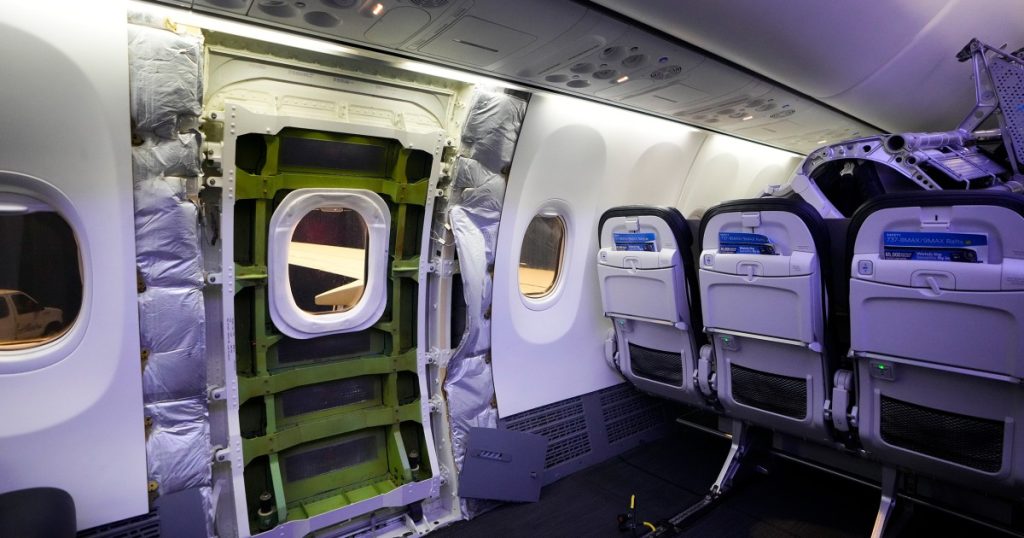The head of the Federal Aviation Administration, Mike Whitaker, admitted during a Senate Commerce Committee hearing that the agency had been “too hands off” in its oversight of Boeing before a mid-air emergency incident on an Alaska Airlines 737 MAX 9 plane in January. The incident involved a door panel blowing out during the flight, prompting Whitaker to acknowledge the agency’s failure to have better visibility into Boeing’s operations. In response to this lapse, Whitaker stated that the FAA had increased the use of in-person inspectors and that he would be visiting a Boeing factory in South Carolina to assess the situation further. He emphasized the need for a shift in Boeing’s safety culture and highlighted the FAA’s commitment to utilizing its enforcement authority to hold Boeing accountable for any noncompliance.
Whitaker mentioned that the FAA’s approach before the mid-air incident was overly focused on paperwork audits rather than physical inspections, leading to a lack of oversight. He stated that the agency was conducting multiple active investigations into Boeing and was processing reports filed by whistle-blowers. Additionally, Whitaker imposed restrictions on Boeing’s production of the 737 MAX following the incident, with plans to continue the increased on-site presence at Boeing and its supplier, Spirit AeroSystems, for the foreseeable future. He stressed the need for a proactive approach to safety, introducing inspectors and clear indices to monitor performance on the manufacturing side.
In response to the incident, Boeing delivered a comprehensive quality improvement plan to the FAA on May 30 after Whitaker had given the company 90 days to address systemic quality-control issues. The National Transportation Safety Board revealed that the door panel that detached from the Boeing 737 MAX 9 was missing four key bolts, with no documentation for the removal of those bolts existing. Whitaker confirmed the lack of paperwork for the missing bolts, highlighting the severity of the situation. The Justice Department has initiated a criminal investigation into the mid-air emergency incident, reflecting the seriousness of the issue and the need for accountability.
Overall, Whitaker’s acknowledgment of the FAA’s inadequate oversight of Boeing highlights the importance of a more proactive safety culture within the aviation industry. By emphasizing the need for physical inspections and enforcement authority, the FAA aims to ensure that manufacturers like Boeing are held accountable for compliance with safety regulations. This incident serves as a wake-up call for the aviation industry to prioritize safety measures and quality control to prevent future incidents that could jeopardize the safety of passengers and crew. Moving forward, the FAA’s commitment to increased oversight and regulatory enforcement will play a crucial role in maintaining the integrity and safety of the aviation industry.


